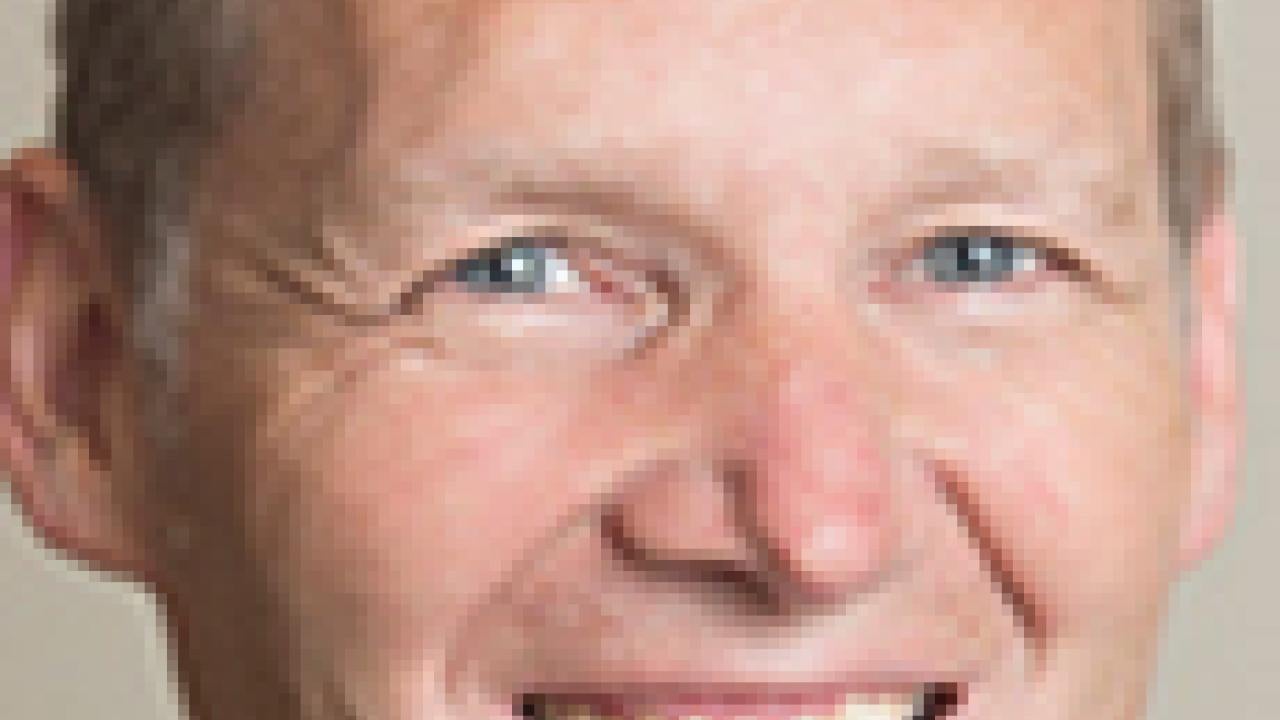The California State Summer School for Mathematics and Science, or COSMOS, begins its 16th season this month at the University of California, bringing in high-achieving high school students from around the state for four weeks of study with UC faculty and researchers.
Grønbech-Jensen
UC Davis Professor Niels Grønbech-Jensen has been appointed as the Statewide Faculty Executive Director, a role he had filled in an interim capacity since late 2014 when the statewide administrative home for COSMOS moved from the UC Office of the President to UC Davis.
Grønbech-Jensen, who has faculty appointments in the Department of Mechanical and Aerospace Engineering, and the Department of Mathematics, has been teaching in the UC Davis COSMOS program since 2004.
“I am excited to combine my instruction of the outstanding COSMOS students on my campus with the efforts to sustain and grow the statewide program through coordinating administration and advocacy,” Grønbech-Jensen said.
“The founders of COSMOS created a unique interface between high school excellence in STEM and university education, and I am dedicated to continue building on their vision.”
The Davis campus has been a COSMOS program site since 2001, and, said Provost and Executive Vice Chancellor Ralph J. Hexter, the campus is honored now to take on an even bigger role.
“This is a special program for our state and for UC, as we continue our mission of developing the scientists of tomorrow,” Hexter said. “Niels Grønbech-Jensen has shown himself to be an excellent mentor in the COSMOS program, and he will be outstanding in his role as the statewide leader.”
State legislation in 1998 established COSMOS for the purpose of engaging highly talented and motivated students in an intensive program of study, experimentation and activities to further the students’ interests and skills in STEM (science, technology, engineering and mathematics).
The University of California has administered the program since it began. Sessions are held on four campuses, starting with Irvine and Santa Cruz in 2000. Davis came on board in 2001 and San Diego in 2004, due to high demand.
A merit-based, competitive application process leads to the enrollment of about 700 students annually; tuition this summer is $3,250 for in-state students, $6,000 for out-of-state students.
The COSMOS program offers a variety of topical clusters, each typically comprising 20 students. The clusters are designed and instructed by research-active faculty who closely interact with the students through lectures, laboratory activities and informal discussions.
Grønbech-Jensen said COSMOS students have the opportunity to apply their mathematics and science training to address focused problems in STEM, all while experiencing the residential camaraderie of like-minded peers.
The program also engages some three dozen high school teachers, who contribute to the student experience while being immersed in activities that can enhance their instruction.
Grønbech-Jensen the scientist
Grønbech-Jensen came to UC Davis in 1999 as a faculty member in the Department of Applied Science. He studies dynamical and statistical behavior of a broad range of complex and nonlinear physical systems through analytical and numerical techniques. Much of his work is closely connected to collaborations with applied physics and engineering objectives.
Besides his faculty appointments at UC Davis, he is a faculty scientist in the Computational Research Division at Lawrence Berkeley National Laboratory.
He attended the Technical University of Denmark, earning a master’s degree in applied mathematical physics and a doctorate in physics. He did post-doctoral research in applied physics at Stanford University, then spent seven years in the Theoretical Division at Los Alamos National Laboratory before coming to UC Davis.
He is a fellow of the American Physical Society, and, among his other professional honors, he received an outstanding teaching award from UCLA’s Department of Physics and Astronomy, while on sabbatical from Los Alamos (1996-97); and an honorable mention Gordon Bell Prize (1993) as part of a team effort in parallel computing of molecular dynamics.
Follow Dateline UC Davis on Twitter.
Media Resources
Dave Jones, Dateline, 530-752-6556, dljones@ucdavis.edu
